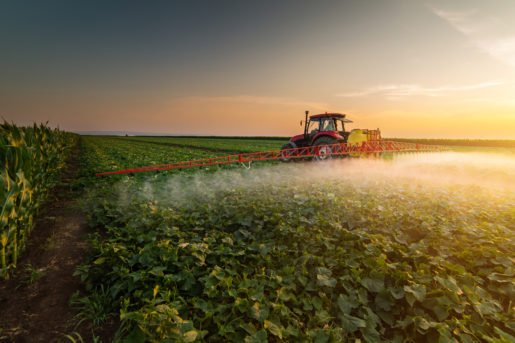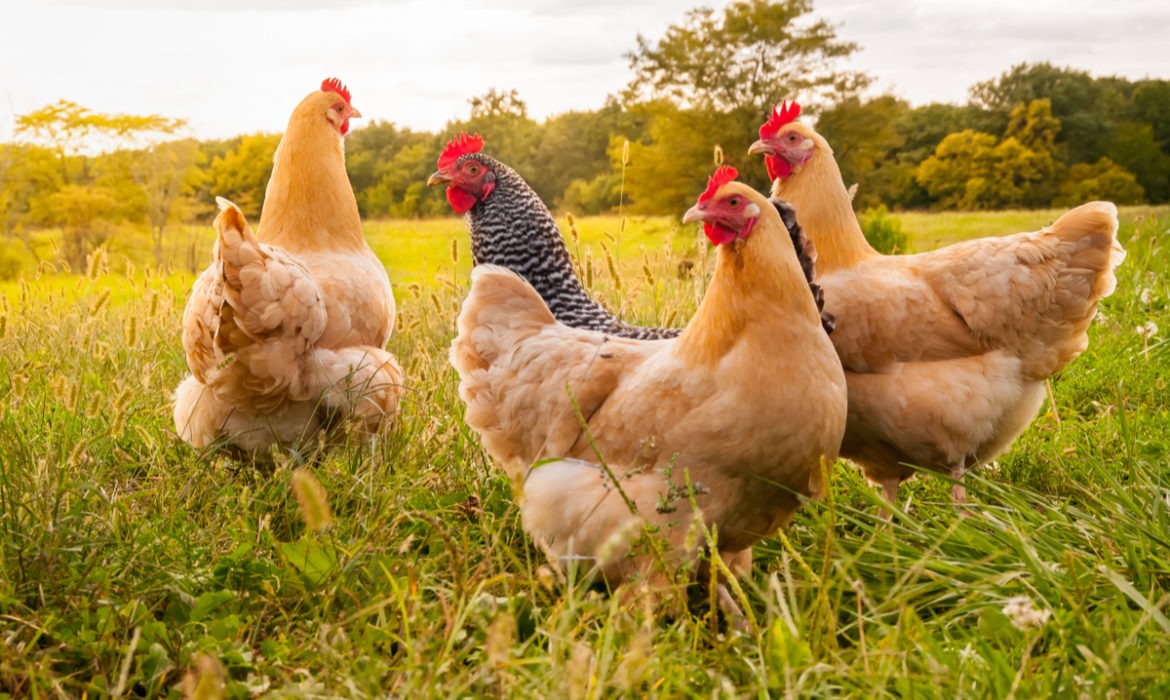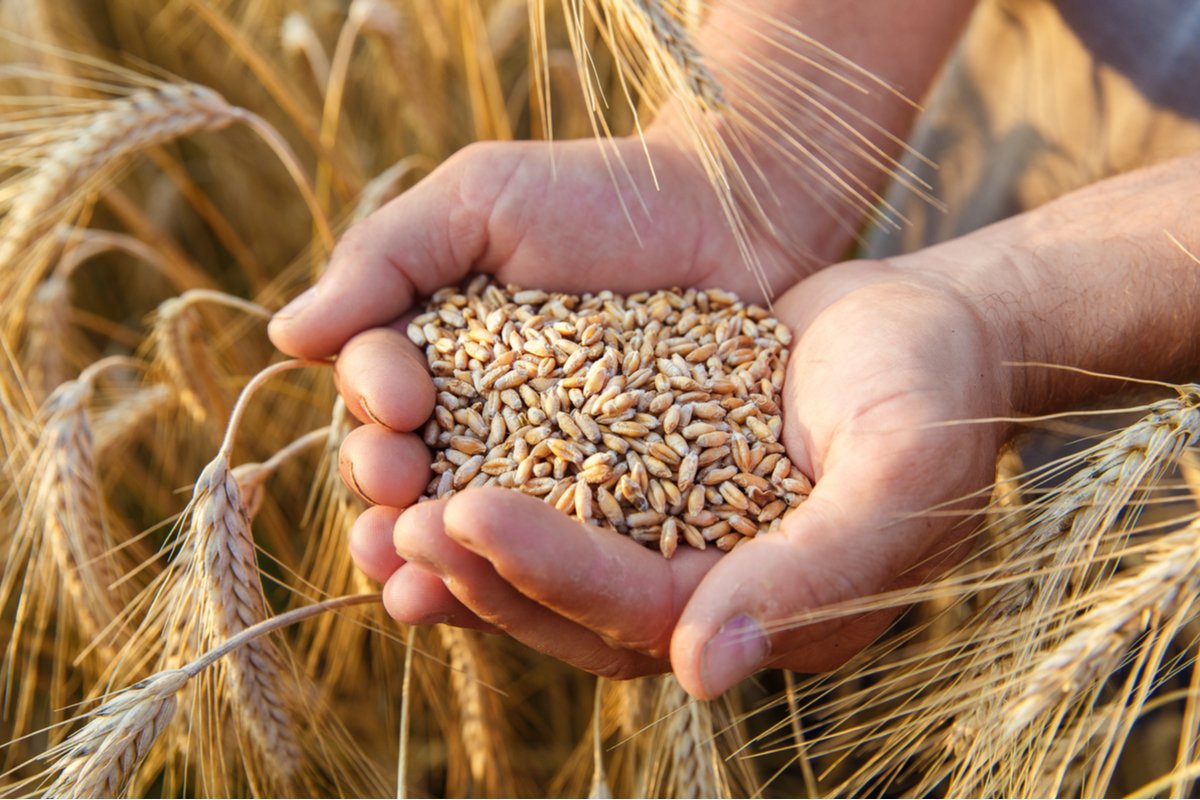For a month, the deadly coronavirus has upset the world. Fear has spread faster than the virus itself, which appears to be highly contagious, although less lethal than SARS and MERS. Still, predecessors are from the same family of the new coronavirus.
Experts already express their concern that the virus could have a much broader impact on the Chinese and global economy. According to the International Monetary Fund statistics, China has become the center of the world economy. It contributed in 2018 with 18.67 percent to world GDP, while in 2003, it represented 8.74 percent of the world economic production.

China is also the largest trading nation in the world. It is deeply rooted in world trade through a multitude of bilateral and multilateral agreements. Although the share of agriculture, including forestry and fisheries, in the country’s GDP, is declining, in 2018, its contribution to national GDP was 7.19 percent. The country’s exports and imports cover destinations and sources that include all regions of the world. Likewise, agriculture and food constitute an essential item within the country’s commercial portfolio. In this context, doubts have been raised about the impact of the new coronavirus epidemic on the supply and demand.
However, today the opinions of experts on this matter remain very cautious. And the only certainty so far is that nothing is guaranteed. It will be crucial to monitor the evolution of the epidemic closely over the next few days and weeks. Its impact on the economy or the agricultural sector will depend, to a large extent, on time needed to stop the spread of the lethal virus.
Therefore, trying to evaluate at this stage, its impact on the agricultural sector is premature and only admits speculation. It will depend on how long the health emergency lasts.
China is monitoring the agricultural sector
The current epidemic by the new coronavirus appeared after the African swine fever epidemic. That began in August 2018 and severely affected the Chinese pig industry. Which triggered consumer prices, and accumulated income losses for small farmers.
To counteract such adverse effects in rural areas, China’s Ministry of Agriculture and Rural Affairs is carefully monitoring the situation. While contributing to the national effort to stop the transmission of the virus, it has taken a series of measures to relieve pressure on small businesses. On January 27, the Ministry of Agriculture and Rural Affairs, together with the Ministry of Human Resources and Social Security and the National Health Commission, issued an information note addressed to farmers for the prevention and control of the virus in rural areas. This document recognizes the importance of guaranteeing, during the emergency period, the supply of food in reasonable quantity and quality.
Under the One Health approach, the FAO works closely with the Ministry of Agriculture and Rural Affairs of China. Additionally, with the Chinese Academy of Agricultural Sciences, and international organizations such as the World Health Organization (WHO) and the World Health Organization. It seeks to help in the identification of possible animal hosts of this virus. In turn, measuring the impact on the livelihood of small farmers.















